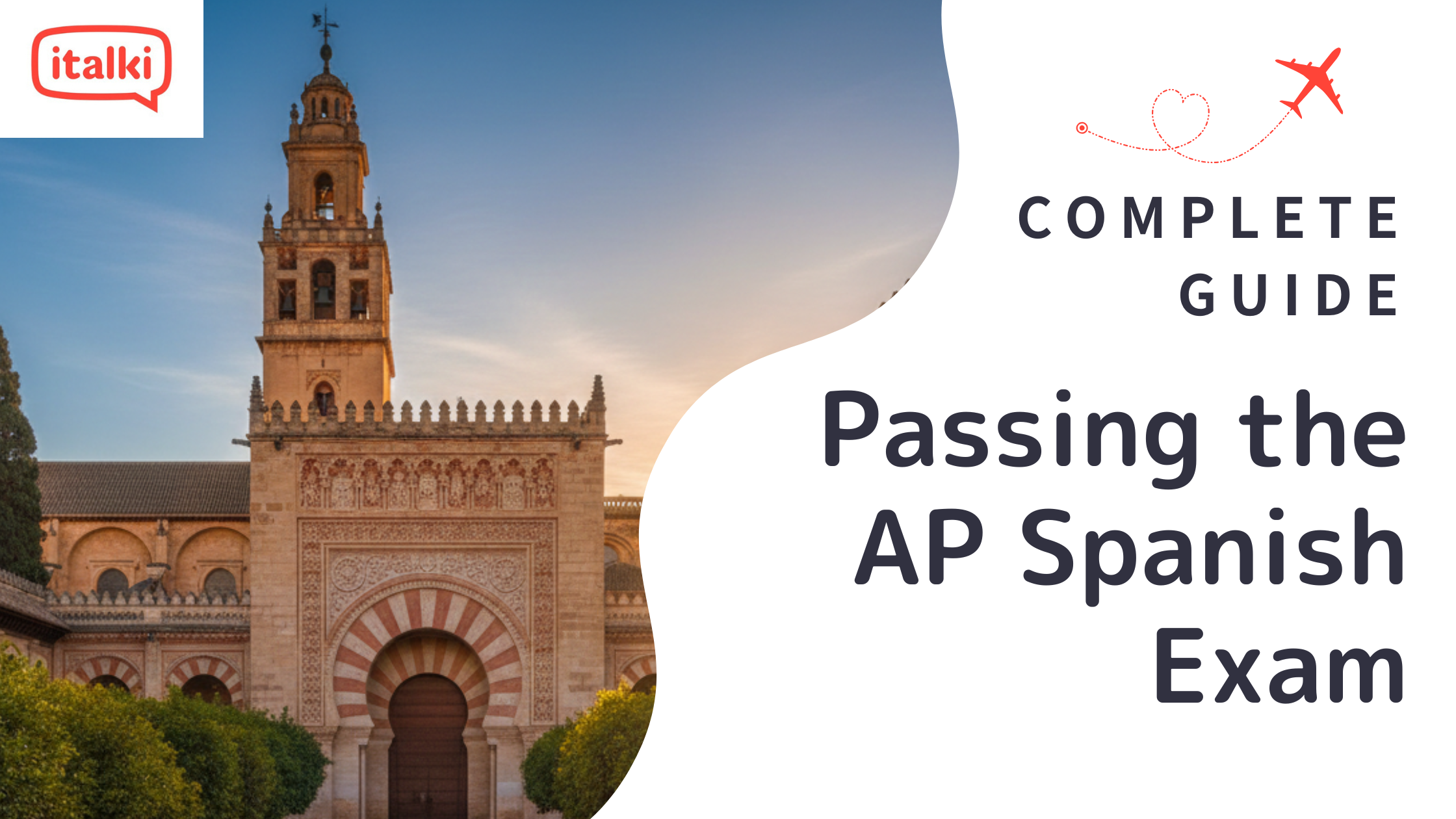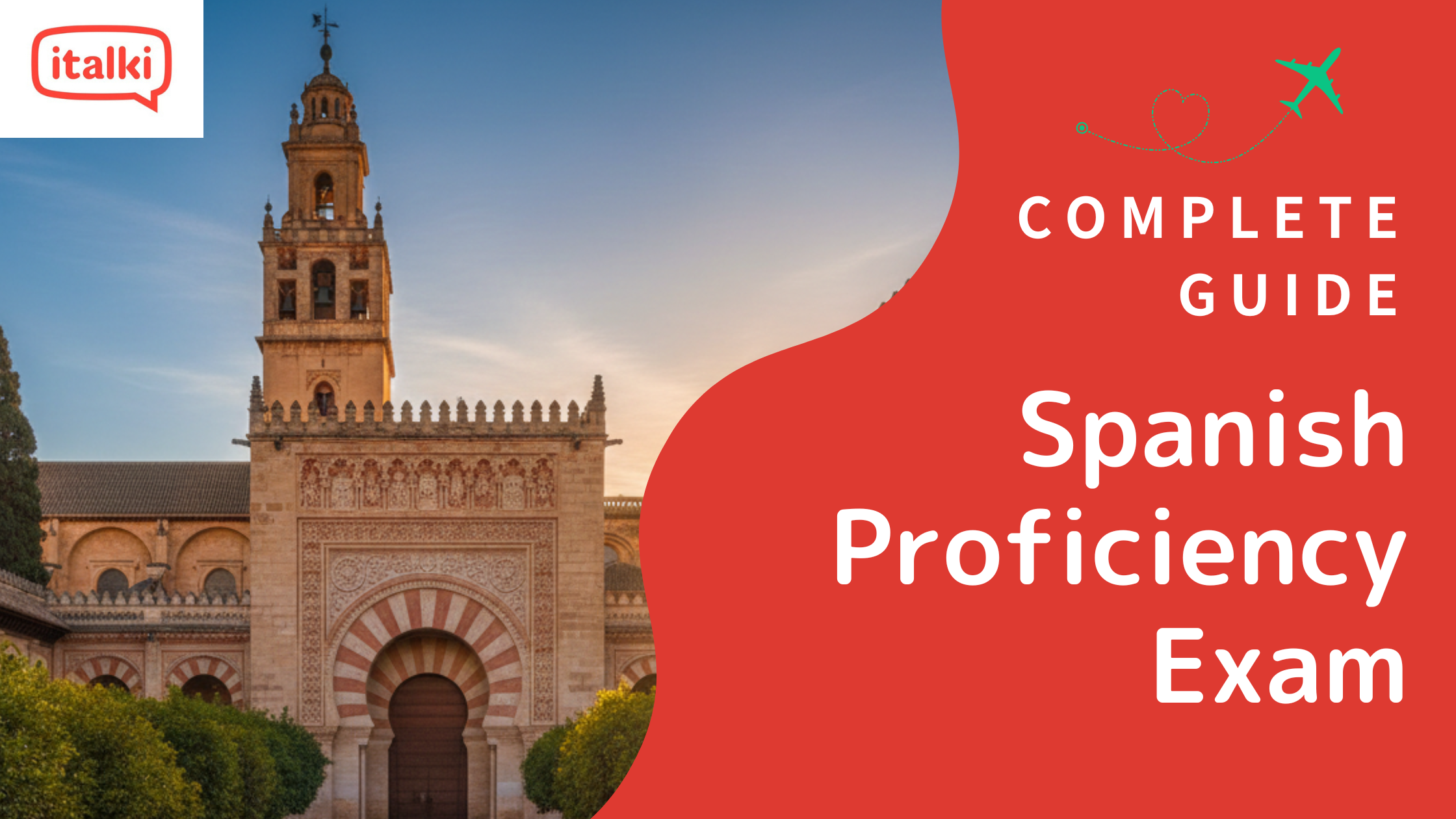Learning French can be both exhilarating and daunting. On one hand, the language is very romantic and you can use it to say the nicest things. On the other hand, there are verbs. Mastering how to use verbs is an important part of the language. It allows you to communicate actions that have happened in the past, present, and future. While most people struggle with this part of speech, it doesn’t have to be so. Here are some of the most commonly used French verbs to get you started. Keep reading to keep learning.
Pro tip: want to learn French online? This article is a good place to start but you’d get a lot more if you book lessons with a dedicated professional teacher at italki. italki doesn’t function like other learning applications. It doesn’t have pre-prepared lessons, quizzes, or games. Learners can send their learning guidelines to a chosen instructor who creates personalized study plans to suit the learners’ needs and study styles.
Want to learn a language at italki?
Here are the best resources for you!
italki prices are very friendly. There are several different plans to suit every budget. You can find the one that works for you and agrees on a payment plan. Practice using French verbs in conversations with other learners, language enthusiasts, and professional instructors on the italki app which doubles as an interactive social media platform. More good news; you can sample a few instructors before deciding on the one you feel most comfortable working with.
Pros
- There are hundreds of teachers for learners to choose from
- italki has an active language learning community with useful free features.
- There are trial lessons available for learners
- Offers have different price points to suit every budget
Why learn common French verbs
Verbs are an important part of any language. Take English or Spanish, there is no way of communicating an action without using a verb. For a standard sentence to be complete, it must include a subject, verb, and object. The same applies to French. The verbs in the post are those that are quite frequently used. Either you’ll have to use them in a sentence or somebody else will and you should be able to understand what they are saying.
French verbs are classified as regular and irregular verbs. Regular verbs follow particular conjugation rules while the rules for irregular verbs. Some nuances don’t follow any of these. You can learn all about the different classes of verbs with French tutors on italki.

Find Your Perfect Teacher
At italki, you can find your French tutor from all qualified and experienced teachers. Now experience the excellent language learning journey!
Book a trial lesson
10 most commonly used French verbs
Sur la luge, prêt, partez! Let’s get into all the exciting things we have lined up for in this section of the post.
1. Être (to be)
This verb is by far the most commonly used in the French language. It is the same with the English translation which is the verb to be ( I am, you are, we are). In French, the verb être is unavoidable. This is an irregular verb but it is quite easy to memorize. In the present tense the verb would be conjugated as:
- Je suis (I am…)
- Tu es (you are…)
- Il est (he is…)
- Elle est (she is…)
- Nous sommes (we are…)
- Vous êtes (you are…)
- Ils sont (they are…)
- Elles sont (they are…)
2. Avoir (to have)
This verb is as commonly used as the verb etre. It is also an irregular verb meaning conjugating this verb will not be in accordance with any conjugation rules you may have been taught. It is used to show possession but can also be used to construct complex verb sentences. Let’s see how the verb is conjugated;
- J’ai un livre (I have a book)
- Tu as un chat (you have a cat)
- Il/elle a un chien (he/she has a dog)
- Nous avons des chiens (we have dogs)
- Vous avez des livres (you have some books)
- Ils/elles ont des crayons (they have some pencils)
3. Aller (to go)
It almost seems as though all common verbs are irregular. This verb is common in English as well. The French use the verb ‘aller’ a lot! So you’ll need to know how to use it. Let’s see some examples of this verb in use.
- Je vais au marché (I’m going to the market
- Tu vas au magasin (you are going to the store)
- Il/elle va a l’université (he/she’s going to the university)
- Nous allons chez moi (we are going to my place)
- Vous allez à la Banque (you are going to the bank)
- Ils/elles vont a la discotheque (they are going to the dance club)
Want to learn a language at italki?
Here are the best resources for you!
4. Pouvoir ( to be able to/ can )
“pouvoir” doesn’t mean power, it means to be able to do something. This is another irregular verb that is widely used by French speakers. We use this word to make requests and place orders at bars and restaurants. We mostly use the verb in its conditional form. You can learn more about verb forms if you choose to learn French by yourself. See how the verb “pouvoir” is conjugated;
- Je peux lire (I can read)
- Tu peux parler francais (you can speak French)
- Il/elle peut demander (he/she can ask)
- Nous pouvons manger (we can eat)
- Vous pouvez aller (you can go)
- Ils/elles peuvent parler Anglais (they can speak English)
5. Vouloir (to want)
So far we have seen verbs that are unavoidable. You will run into them as often as you speak or write French. The next verb is not an exception. Vouloir means ‘to want’ and when conjugated, it sounds much like the conjugated form of the verb pouvoir. See what I mean:
- Je veux lire (I want to read)
- Tu veux parler francais (you want to speak French)
- Il/elle veut demander (he/she wants to ask)
- Nous voulons manger (we want to eat)
- Vous voulez aller (you want to go)
- Ils/elles veulent parler Anglais (they want to speak English)
6. Faire (to do/to make)
The verb “faire” is very versatile. In vocabulary it serves as an action word and in grammar, it can be used in command or imperative statements as in “Faites la lessive” which translates to “do the laundry. Although it is an irregular verb, it is quite easy to memorize and master. These are some examples of how the verb “faire” is used.
- Je fais la lessive (I am doing my laundry)
- Tu fais tes devoirs (you’re doing your homework)
- Il/elle fait des biscuits (he/she is making biscuits)
- Nous faisons nos devoirs (we are doing our homework)
- Vous faites des gâteaux
- Ils/elles font leur lessive (they are doing their laundry)
7. Parler (to speak)
What would we do without the verb “parler”? Nothing! That is how often we use it. If you are familiar with French verb conjugation then you’ll know that “parler’ is a regular verb that follows the –er pattern. If you didn’t know that, you don’t have to worry. It is easy to learn! See some examples below:
- Je parle Anglais (I speak English)
- Tu parles francais (you speak French)
- Il/elle parle Allemand (he/she speaks German)
- Nous parlons Anglais (we speak English)
- Parlez-vous Allemand? (Do you speak German?)
- ils/elles parlent francais (they speak French)
8. Demander (to ask)
Ah! Regular verbs! What joy!
Regular verbs are very easy to conjugate so I’m sure you understand our excitement. If you need to ask for something in French, this is one of the words you could use. (Another word for ask is “poser”.)
Note: to say “ask a question”, the fixed French expression is “poser une question” and not demander.
See demander used in several sentences:
- Je demande un stylo (I ask for a pen)
- Tu demandes des crayons (you ask for some pencils)
- Il/elle demande de l’aide (he/she asks for help)
- Nous demandons des stylo (we ask for pens)
- Vous demandez des crayons (you ask for pencils)
- Ils/elles demandent de l’aide (they ask for help)
9. Savoir (to know)
“Savoir” means “to know” but there’s a catch, “connaitre” also means to know. So how do you know which of these to use and when? Let’s try to keep this as simple as possible. Use “savoir” when referring to a skill or a fact. When you think of the verb ‘savoir’, think of knowing how to do something. The examples below should clarify things:
p.s. it’s another irregular verb so watch out for how it is conjugated.
- Je sais parler Anglais (I know how to speak English)
- Tu sais (you know)
- Il/elle ne sait pas (he/she does not know)
- Nous savons lire (we know how to read)
- Vous savez parler francais (you know how to speak French)
- Ils/elles savent jouer au basket (they know how to play basketball)
10. Venir (to come)
Viens mon amie! There’s one more verb to look at!
You have most likely come across this verb before. If this is familiar to you, then we applaud you! If you are coming across the word for the time, don’t worry. Since the word is used quite frequently, you will master it quickly. See the verb conjugated:
- Je viens de Peru (I come from Peru)
- Tu viens de Paris (you come from Paris)
- Il/elle vient de Brazil (he/she comes from Brazil)
- Nous venons a midi (we are coming at midday)
- Vous venez d’ou? (Where are you coming from?)
- Ils/elles viennent de Toronto (they come from Toronto)
Conclusion
10 already? Wow, that was fast!
Well, we already have our last words for today’s post. We have shared with you the 10 most basic verbs in French, what class of verbs they are, and how to conjugate them. To get more detailed lectures on verbs and verb conjugations, book lessons with italki.

Find Your Perfect Teacher
At italki, you can find your French tutor from all qualified and experienced teachers. Now experience the excellent language learning journey!
Book a trial lesson




















